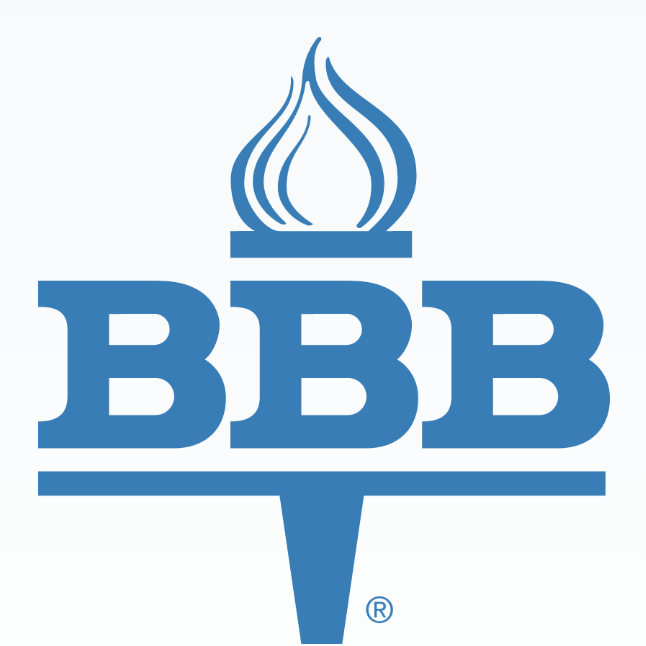Frequently Ask Questions
- What is bail?
Bail occurs when a judge ends the incarceration of an individual upon receiving a security, usually a sum of money. If you were paying your own bail you (or the person who paid for you) would get all monies back so long as you attended all court appearances.
In the American Legal System, bail is the primary way to secure the freedom of someone who has allegedly committed a crime and has subsequently been incarcerated. Bail gives the defendant time to hire a lawyer and prepare a defense without restriction.
Note: bail is surety, not a punishment for a crime.
- What is a bail bond agent?
A bail bond agent or bondsman is a person licensed to write and post bail bonds on behalf of a defendant.
- What is the difference between “bail” and a “bail bond?”
They’re essentially interchangeable terms. Bail—the amount you pay—is your bond—your promise. You’re making the following promises when you post bail.
- Attend all court appearances.
- Remain in the city (unless given special permission by the court and or bondsman).
- Abide by the trial outcome.
- What does a bail bondsman do?
Most people can’t simply come up with the bail amount. You can pay cash, or use a Deed of Trust to put your property up as collateral. Bail bond amounts range from $500 for low level misdemeanors clear up to +$500,000 for homicide felonies. Most people don’t have that kind of money lying around.
Bail bondsmen essentially stand surety for defendants. You’ll pay us 15% of the bail amount. This is our payment for services rendered so you won’t get it back, even if you make all of your court appearances. We may also ask you to put up some kind of collateral such as property.
We pay the entire bail amount. If you attend all your court appearances we get the bail money we paid in, and then earn our fee. This is how we stay in business.
If you don’t attend all your court appearances we have the right to try to collect the money we’ve paid on your behalf. We will also send licensed bail agents to come find you and take you back to jail.
A bail bondsman basically offers defendants a special kind of loan. All you have to do to repay your loan is show up. Do what you’re supposed to do. You only end up on the hook for this money financially if you don’t show up in court.
Most people attend their court appearances without incident, and so everyone walks away happy.
- How is bail set?
A judge or a magistrate must set bail, and the dollar amounts depend on several factors:
- The strength of the evidence
- The severity of the alleged defense
- The defendant’s criminal record
- Financial ability to secure bail
In recent years there has been some controversy thanks to the failure, by some, to consider the financial ability of the defendant. Some bail requirements have discriminated against the financially unstable, as well as certain minority groups. These people were deprived of an equal opportunity to secure freedom pending the outcome of the trial.
Today, certain courts give special attention to the impoverished who have been accused of a crime due to their standing in the community and past criminal history. Several options then become available for release. Bail is still the most common option as it assures the court of a defendant’s intent to appear and stand trial for the alleged crime.
- What if I don’t even have the 15% fee right now?
The team at Angel Bail Bonds works with a variety of people; with all levels of financial situations. Our office is committed to finding creative payment solutions for clients. Call us, even if you don’t believe you’ve got the money. We can probably still help you.
- Do I need to post bail?
Yes, you should pay bail if you wish to be released from prison while awaiting your trial.
- Do I lose my collateral?
You only lose your collateral if you miss a court appearance, leave the state, or do anything that forfeits the refund of your bail. Angel Bail Bonds reserves the right to claim the value of what was owed by taking the collateral you put on your bail bond.







